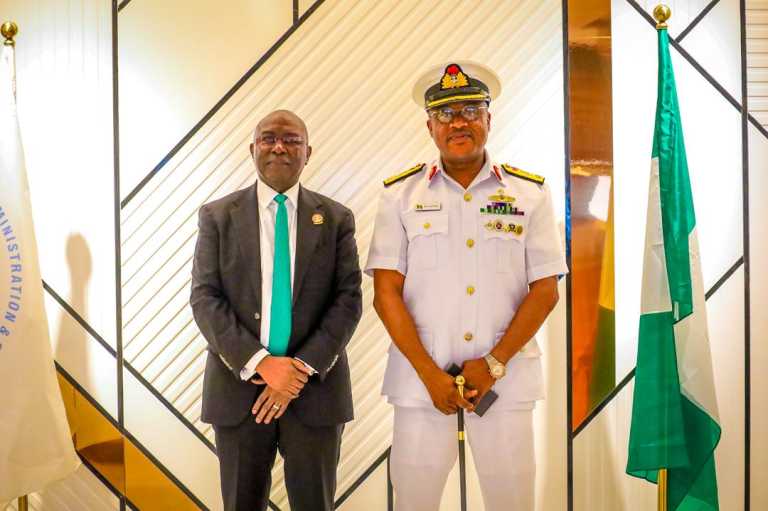Streamlining Trade: NPA and PEBEC Launch Ports and Customs Efficiency Committee
By prince Benson Davies
In a bid to enhance the ease of doing business at Nigeria’s seaports, the Nigerian Ports Authority (NPA) and the Presidential Enabling Business Environment Council (PEBEC) have launched the Ports and Customs Efficiency Committee. This initiative aims to streamline port operations, reduce bureaucracy, and improve overall efficiency, thereby making it easier for businesses to operate in Nigeria’s maritime sector. The committee’s establishment underscores the government’s commitment to creating a more business-friendly environment and promoting economic growth.
The committee was inaugurated at a meeting in Lagos, where stakeholders from the public and private sectors gathered to discuss ways to improve the operations of the seaports.
The Director-General of PEBEC, Zahrah Mustapha, stated that the committee’s primary objective is to improve efficiencies at the nation’s seaports, reducing cargo dwell time, vessel turnaround, and turnover for customers.
Director-General of PEBEC, Zahrah Mustapha.
According to her, the committee’s establishment is a call to action for terminal operators, shipping companies, freight forwarders, and regulators to work together to eliminate duplication of documentation and manual processes, ensuring customer satisfaction.
Mustapha highlighted that the committee’s work is not just about reform but about unlocking potential opportunities and enhancing Nigeria’s economy.
She remarked that the committee’s establishment is a significant step towards changing the narrative of missed opportunities in the maritime sector.
The committee is expected to drive sustainable improvement in service delivery at the Nigerian ports, working hand-in-hand with agencies like the Nigerian Ports Authority, the Nigerian Customs Service, and other government agencies within the ports.
The chairman of PEBEC, Princess Audu, stated that the committee was established to go beyond identifying problems and to begin implementing long-overdue solutions.
She stressed that Nigeria loses a lot every single day due to inefficiencies in the maritime sector, which represent missed opportunities, jobs not created, goods not delivered, investments not realized, and economic growth that is unnecessarily delayed.
Audu pointed out that the Ports and Customs Efficiency Committee is an action-oriented, high-impact committee charged with driving sustainable improvement in service delivery at the Nigerian ports.
The Managing Director of NPA, Abubakar Dantsoho, stated that the authority is currently addressing four major pillars critical to repositioning the nation’s seaports and making them compete effectively with regional counterparts.
Managing Director of NPA, Abubakar Dantsoho.
These pillars include investment in infrastructure, equipment, technology, and human capacity. According to Dantsoho, port infrastructure, particularly in Apapa and Tin Can Island Ports, is aged and in dire need of rehabilitation.
He added that recent government approval for the reconstruction of both ports would significantly improve berth depth and cargo handling capacity.
Dantsoho disclosed that the NPA is working closely with the International Maritime Organization (IMO) to deploy the Port Community System (PCS), which will eliminate paperwork and reduce human interface, thereby improving transparency, reducing cost, and boosting efficiency and revenue generation.
He highlighted the importance of inter-agency collaboration across all operational areas, stating that NPA cannot achieve efficiency alone.
The launch of the Ports and Customs Efficiency Committee marks a significant step towards enhancing efficiency and ease of doing business at the nation’s seaports.
The committee’s work is expected to drive sustainable improvement in service delivery, unlock potential opportunities, and enhance Nigeria’s economy.
With the NPA’s efforts to address infrastructure, equipment, technology, and human capacity, the nation’s seaports are poised to become more competitive and efficient.
“The success of the committee’s work will depend on the collaboration and commitment of all stakeholders, including government agencies, terminal operators, shipping companies, freight forwarders, and regulators.
 The New Experience Newspapers Online News Indepth, Analysis and More
The New Experience Newspapers Online News Indepth, Analysis and More
